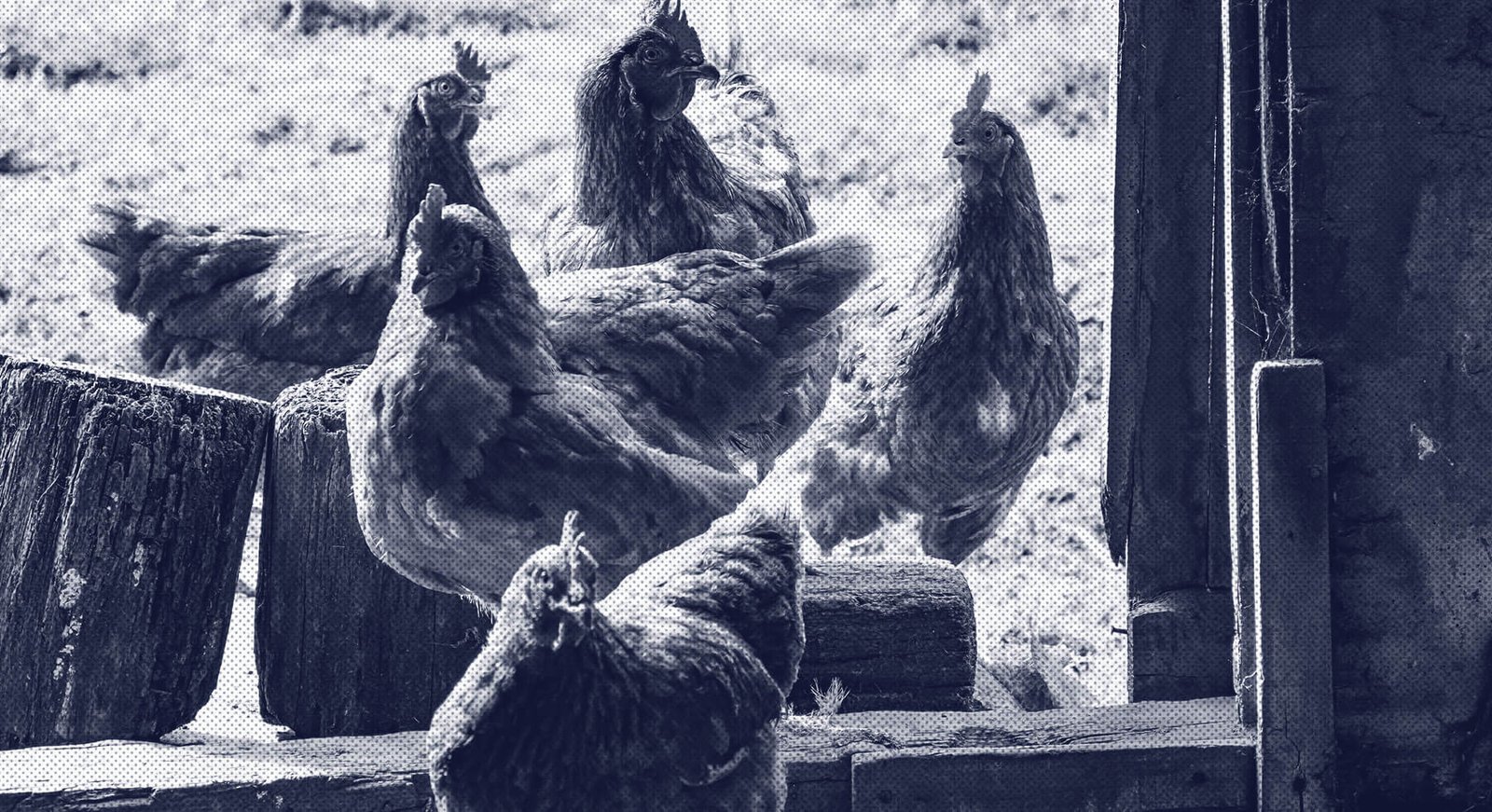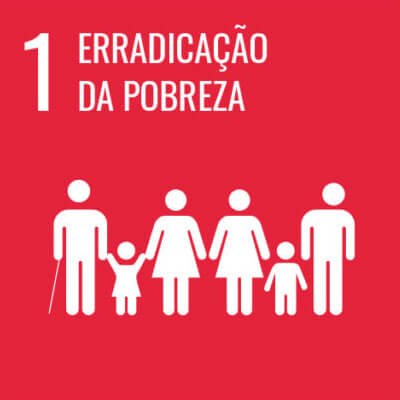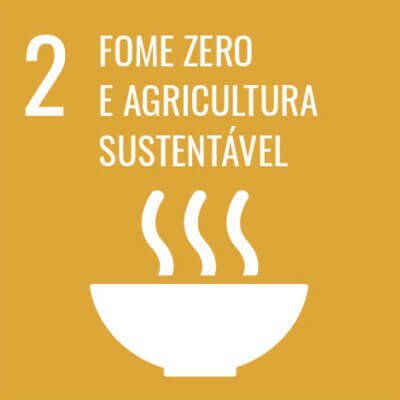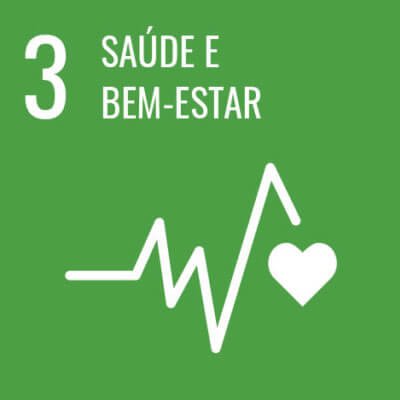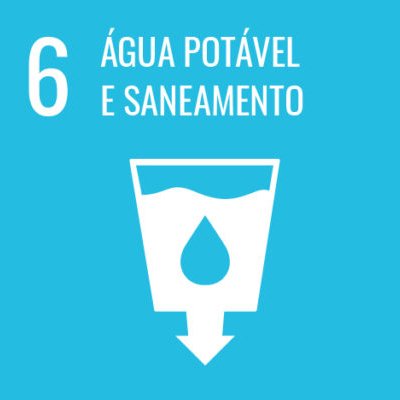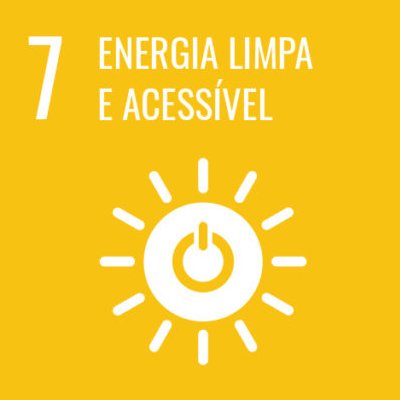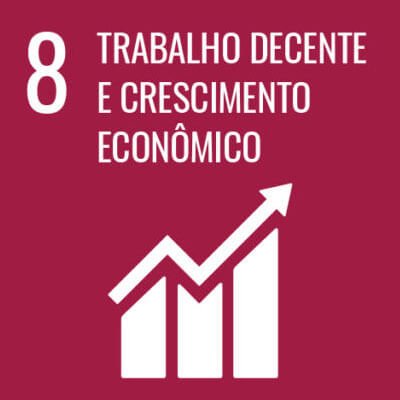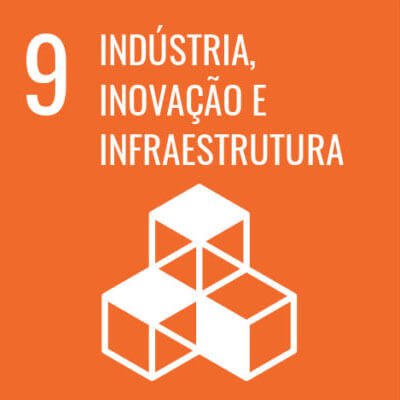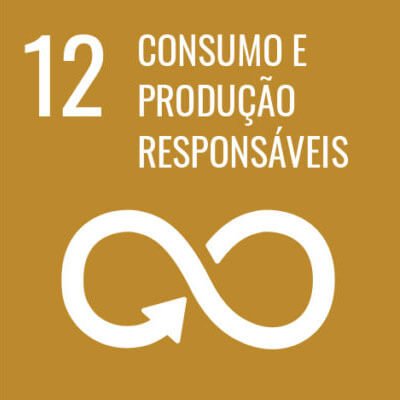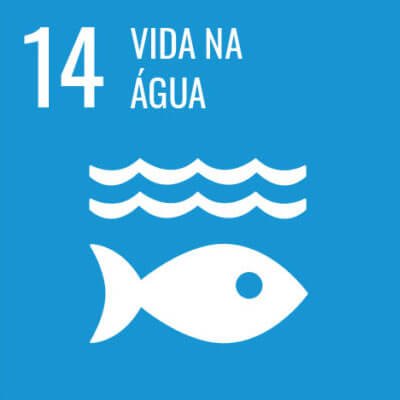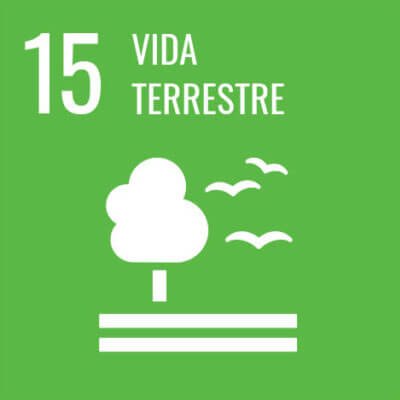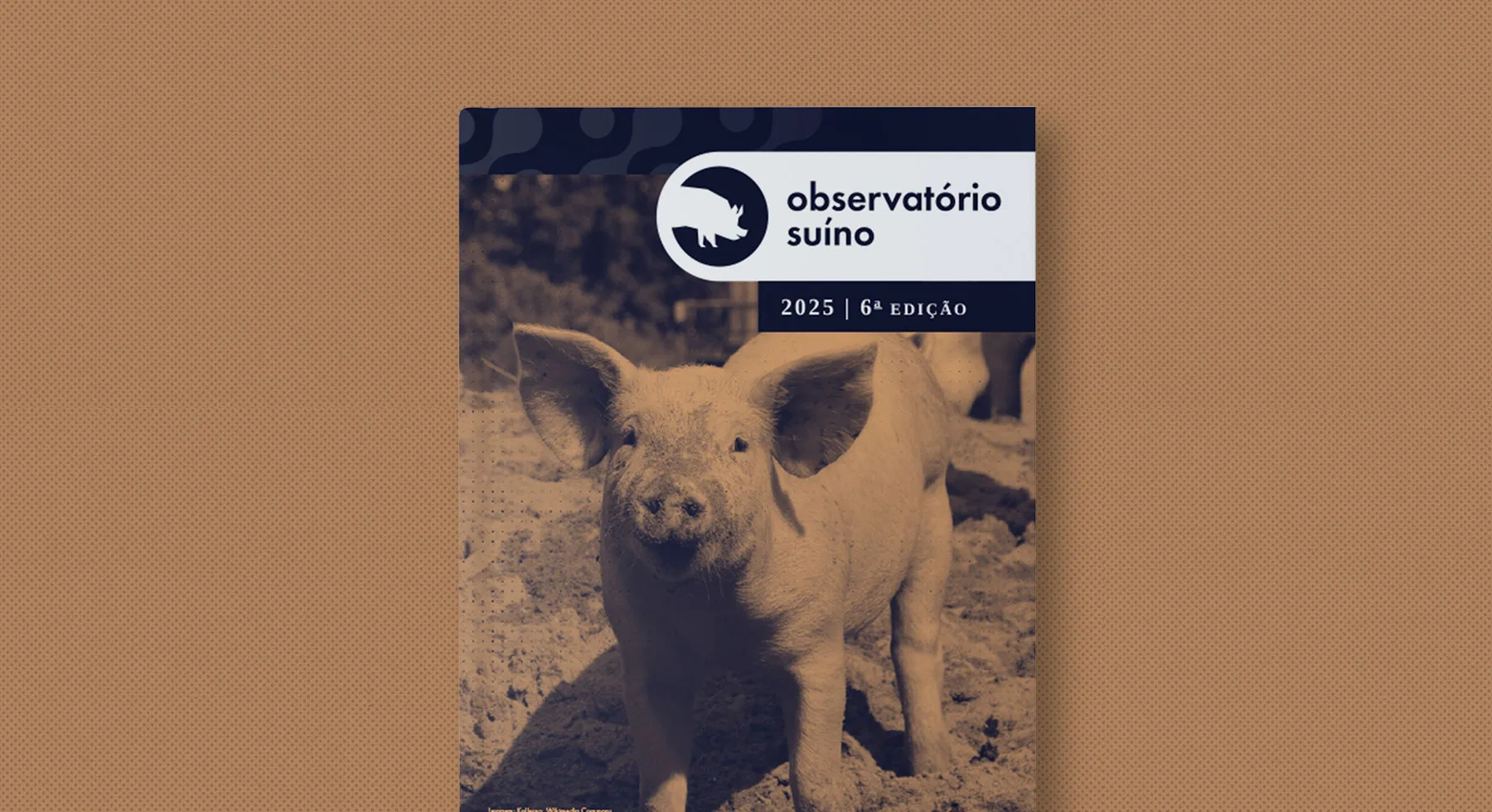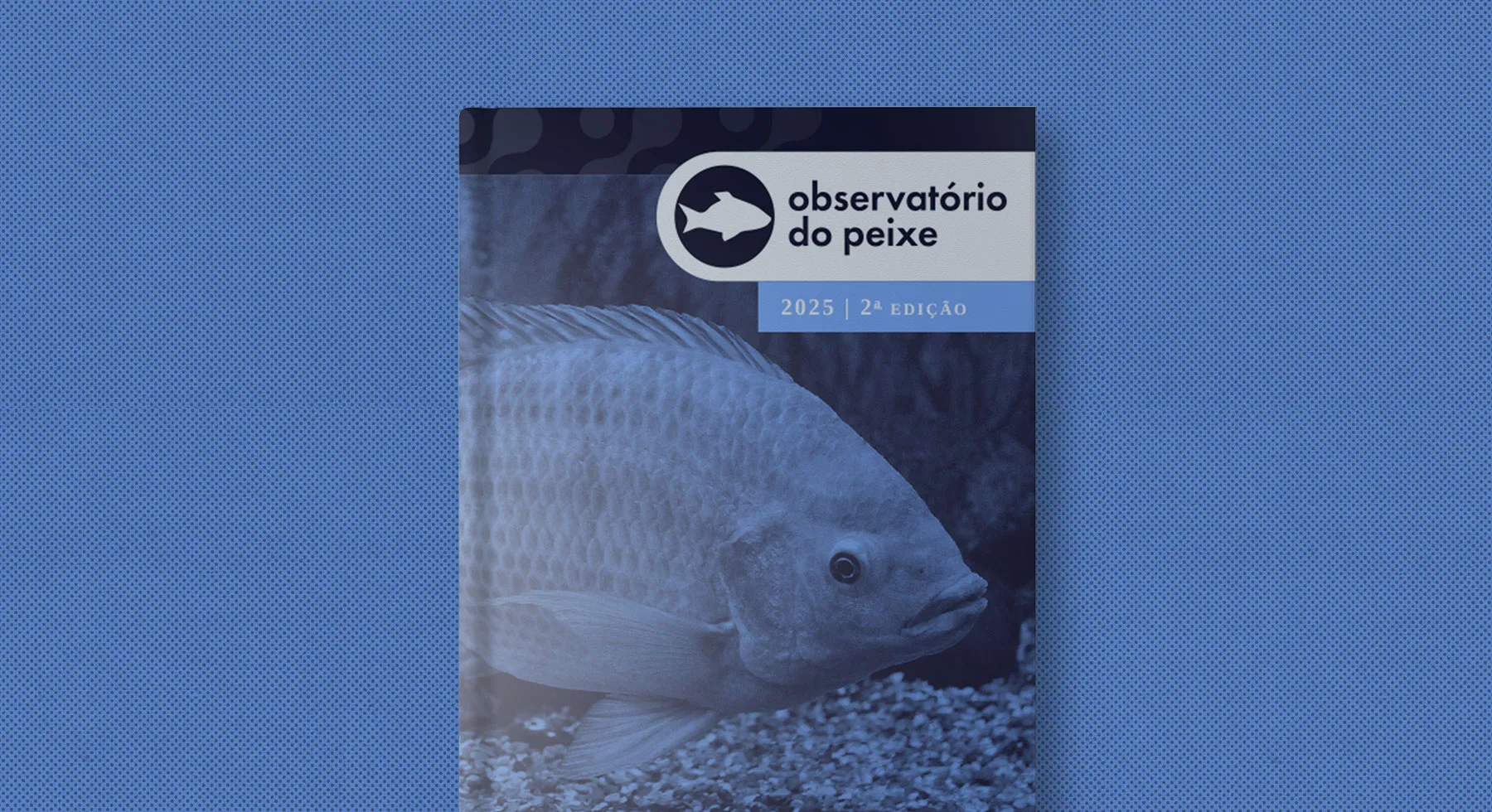Cartilha de Bem-Estar de Salmões
Mesmo sem a produção dessa espécie no Brasil, empresas que comercializam o produto já podem e devem assumir responsabilidade pelas condições de bem-estar animal ao longo da cadeia produtiva do salmão.
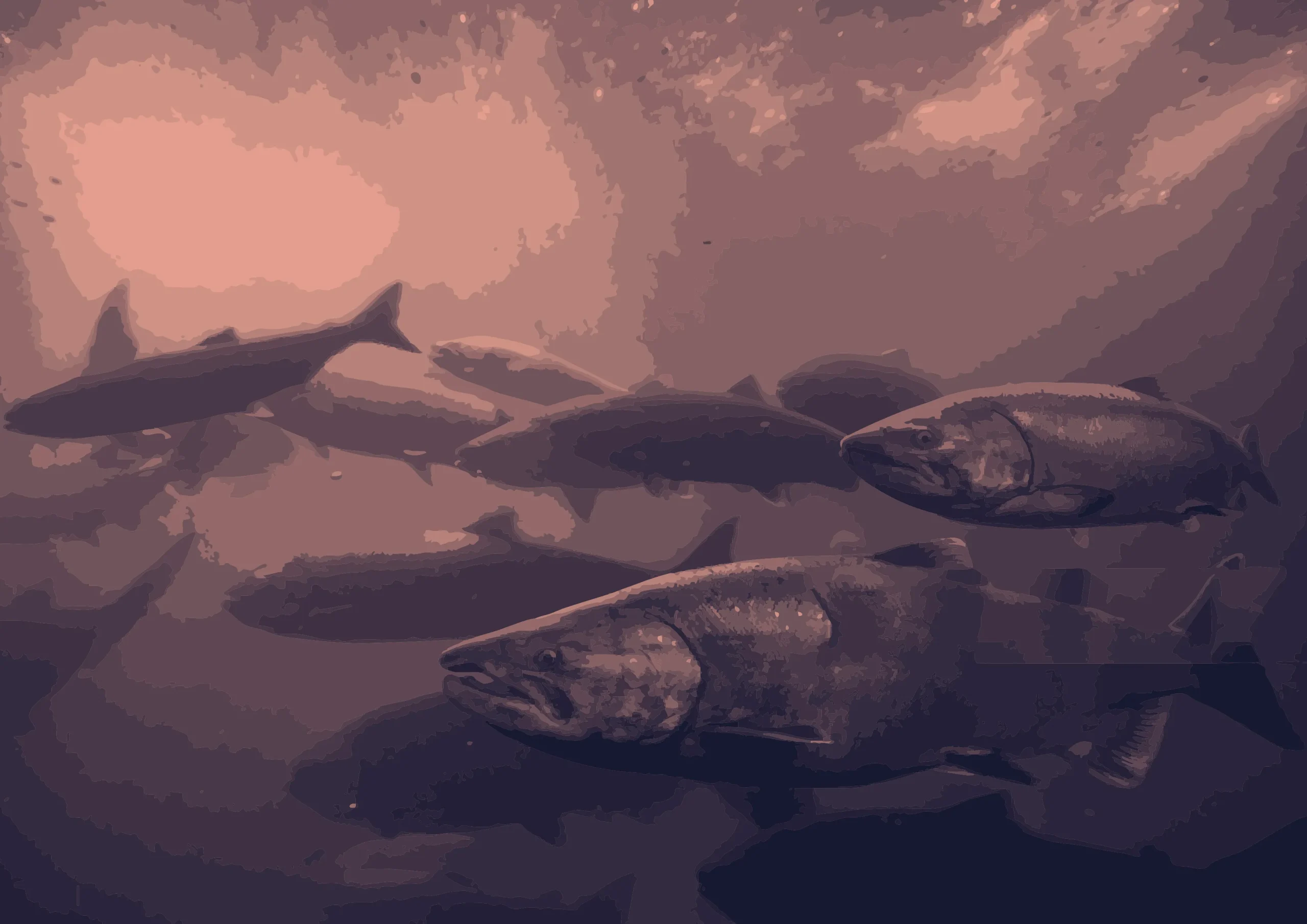
Pig Watch 6rd Edition
The Pig Watch shows progress in phasing out gestation crates but warns of setbacks in management practices and antibiotic use that compromise animal welfare.
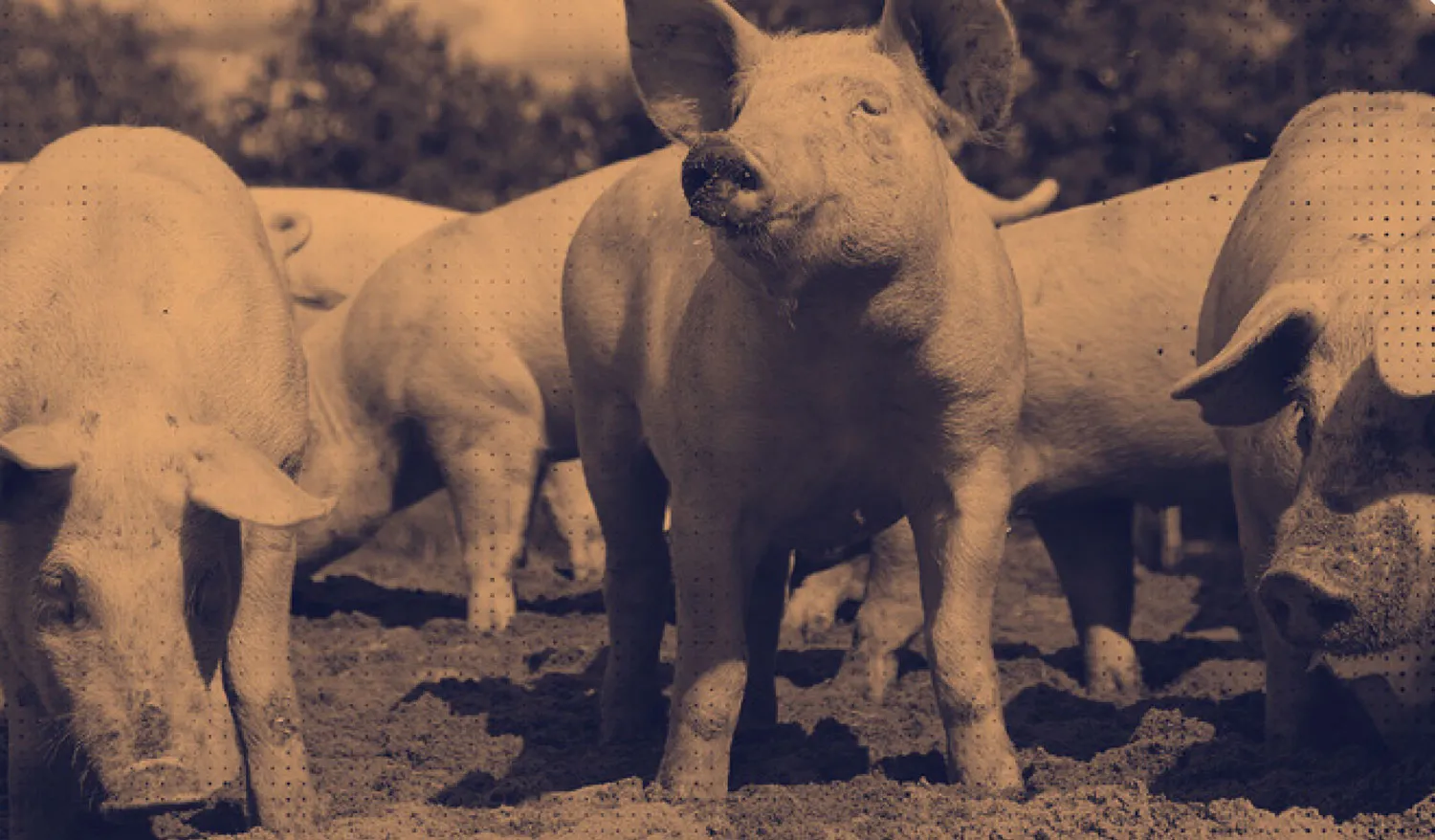
2nd Edition Fish Watch
The report highlights that corporate public commitments to fish welfare are essential to meeting the growing ethical and sustainable demands of consumers and international seafood markets.
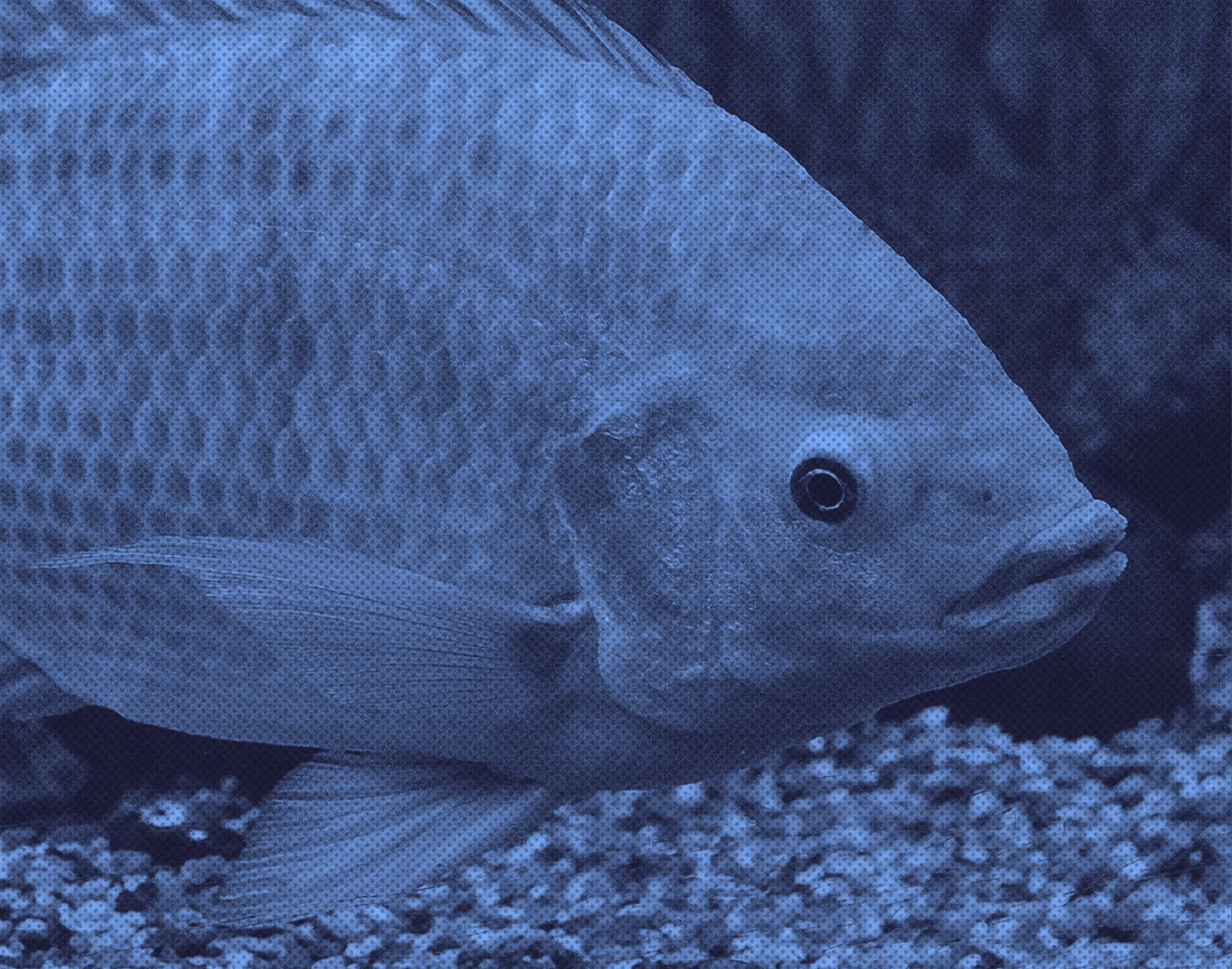
Egg Watch 2nd Edition
Learn how Brazilian retailers are progressing toward the commitment to sell only cage-free eggs.
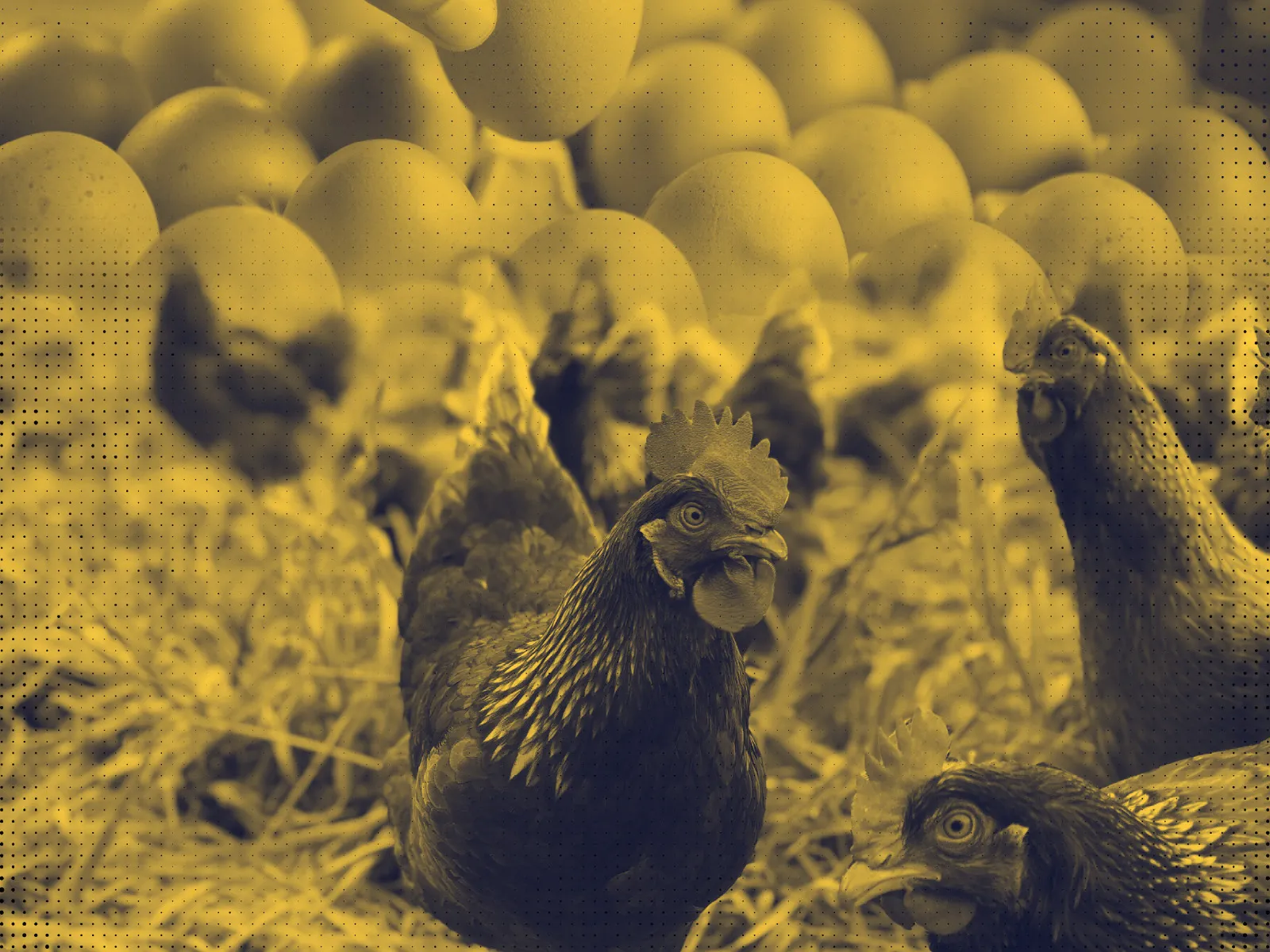
What is Animal Watch?
Animal Watch (Observatório Animal) is a platform created and managed by Alianima to give visibility to animal welfare policies made by the food industry in Brazil, in order to facilitate monitoring by the sector, consumers, research institutions, and government agencies.
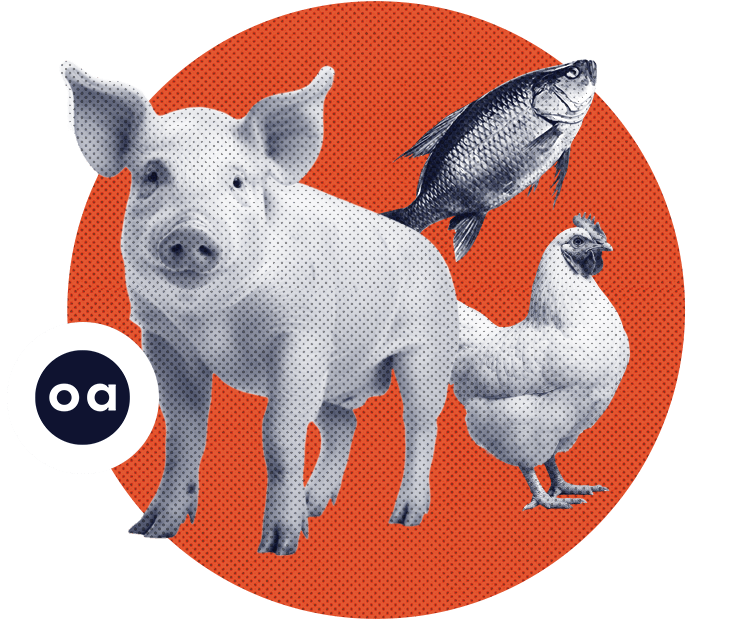
Inscreva-se na newsletter corporativa e acompanhe tendências em bem-estar animal
Learn how animal welfare contributes to most of the UN Sustainable Development Goals
No Poverty
Job creation and higher income are achievable with the adoption of good animal welfare practices.
No Hunger and Sustainable Agriculture
Better animal health and nutrition can result in increased productivity, product quality and value, access to new markets, as well as reduced losses, waste, and veterinary care costs. Small producers must be included to promote their purchasing power.
Good Health and Well-Being
Increased immunity in animals, leading to resistance to zoonoses, allows for reduced use of antimicrobials, thereby decreasing the risk of multidrug resistance in animals and humans.
Clean Water and Sanitation
Reducing the use of pesticides in monocultures for feed production promotes less pollution of groundwater and marine ecosystems, reducing contamination of the water supply.
Affordable and Clean Energy
Animal waste can be used as biofuel, having less impact on the environment and creating a renewable energy source.
Decent Work and Economic Growth
Implementing animal welfare in production chains increases the economic value of products, improves rural worker satisfaction, maintains appropriate animal management; with animals adapted to their behavioral nature, reducing animal stress, as well as occupational risks for workers. Small producers should be assisted in increasing productivity through better animal health, welfare, and nutrition care.
Industry, Innovation and Infrastructure
There are business opportunities to develop new systems and technologies that also improve animal welfare.
Reduced Inequalities
Global alignment of animal welfare standards reduces inequalities and enables increased trade in products with a high level of animal welfare, while also avoiding trade inequalities that leave some countries behind. Additionally, financial loans to industries and small producers may be conditioned on animal welfare improvements.
Responsible Consumption and Production
Decreased consumption of animal products and preference for more responsible brands favor the implementation of animal welfare practices and contribute to reducing environmental impacts. Additionally, responsible and restricted use of antimicrobials requires higher levels of animal welfare, while also minimizing antimicrobial resistance.
Action Against Global Climate Change
Greenhouse gas emissions (GHG) and deforestation by agribusiness need to be reduced. Climate change increases the risk of animals being exposed to new diseases, which can lead to zoonoses, epidemics, and pandemics, and, in most cases, it’s not possible to guarantee that they will be rescued or protected in the event of natural disasters.
Get to know
Alianima
Alianima is a non-governmental organization that works for better conditions in the lives of farmed animals, in addition to promoting public interest in fairer and more responsible food systems. We bring together the food industry, government, and consumers to create a society that is more respectful of animals and the environment.
Get to know Alianima